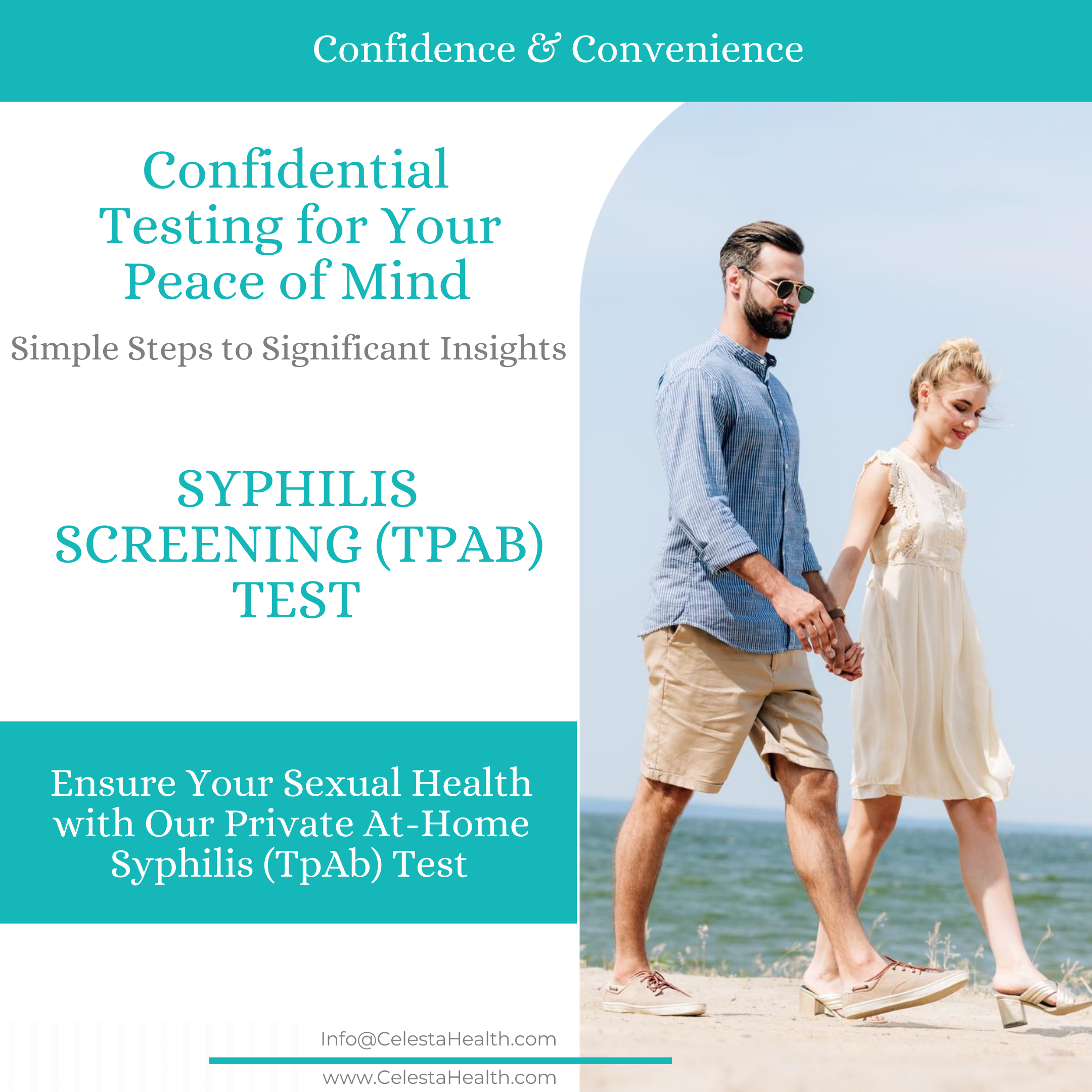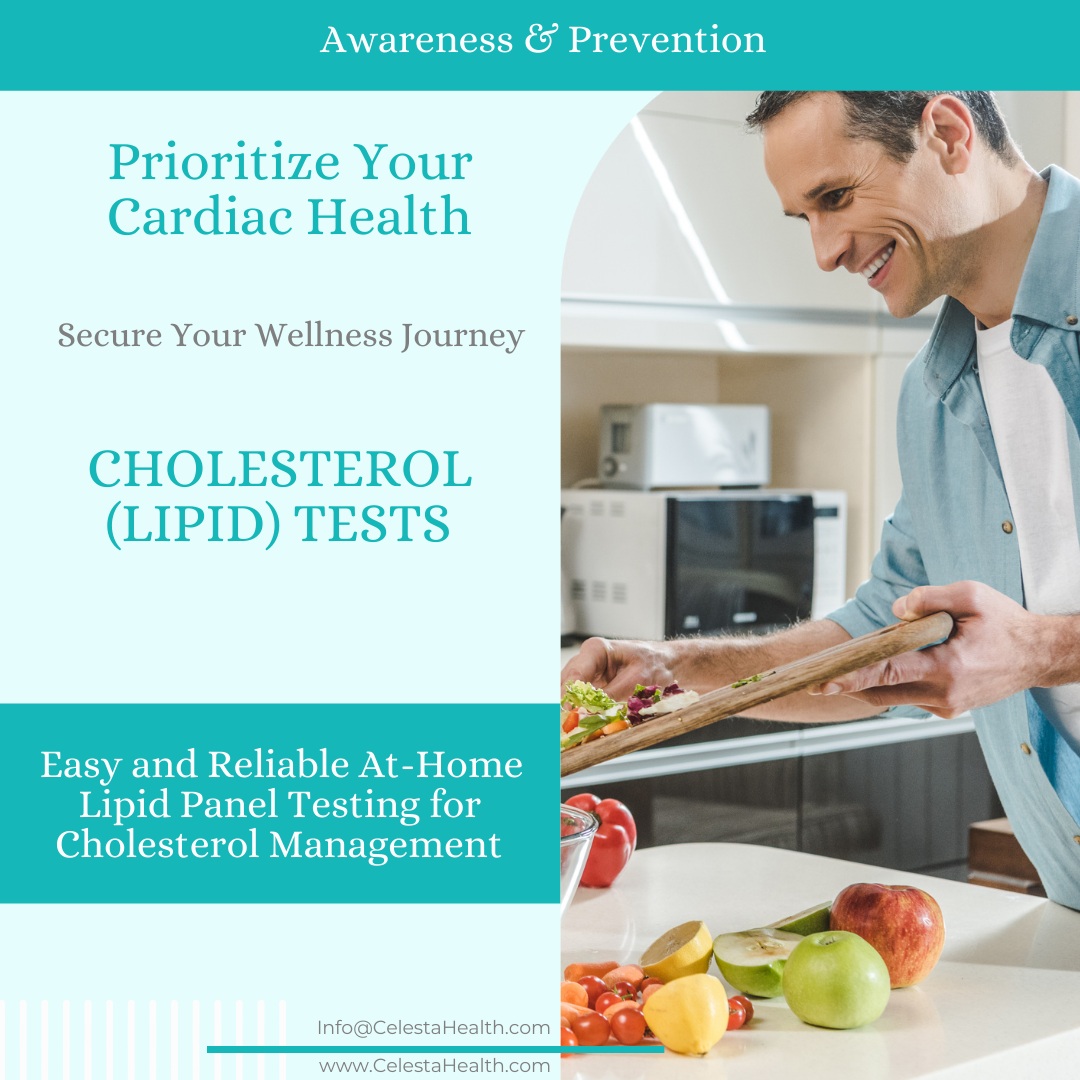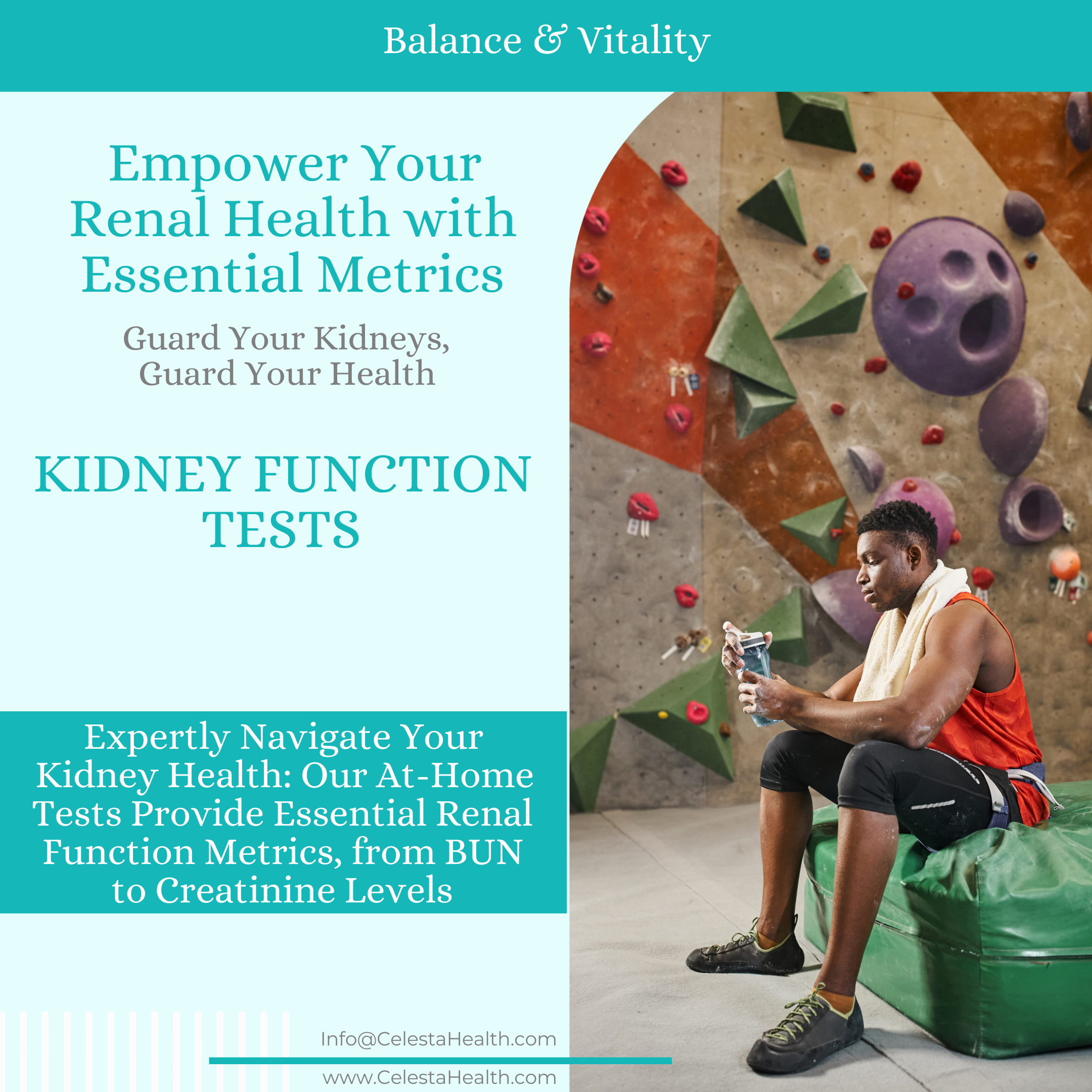Syphilis Screening Test
$89.00
Take charge of your sexual health with the At-Home Syphilis Screening Test. This easy-to-use kit screens for syphilis by detecting specific antibodies, helping you get timely treatment and prevent complications.
Secure Checkout
We encrypt all transactions.
CLIA Certified Lab
We meet & exceed all CLIA standards.
Access to Consultations
Consult with our Board-Certified Physicians.
Access to Coaches & Nutritionists
Award-winning Fitness & Nutrition Coaches.
What's Measured
When to Test
New Relationship: Consider taking this test if you are entering a new sexual relationship and want to ensure you are both healthy.
Doctor’s Recommendation: If you have been advised to get tested for syphilis by a healthcare provider, mainly if you present symptoms or are at high risk.
Special Instructions: Sexually transmitted diseases (STDs) may not be immediately detectable following exposure; this interval is known as the window period. It is advisable to wait three to four weeks after potential exposure to the disease before undergoing this test to ensure more accurate results.
Retesting: If the test is negative and there's still concern about potential exposure, a retest is usually advised several weeks later to ensure accuracy, as antibodies may take time to reach detectable levels.
This screening test is NOT definitive for diagnosing Syphilis. If your result is positive, additional testing will be necessary for a conclusive diagnosis.
Refraining from Sexual Activity: Until you receive your test result, it is prudent to refrain from sexual activity to prevent any potential spread of the infection, especially if you have reason to believe you may have been exposed to sexually transmitted infection (STI) or if you have symptoms suggestive of an STI.
Symptoms
Secondary Stage: Skin rashes, mucous membrane lesions, and flu-like symptoms.
Late Stages: Serious complications affecting organs like the heart, brain, and nerves if left untreated.




